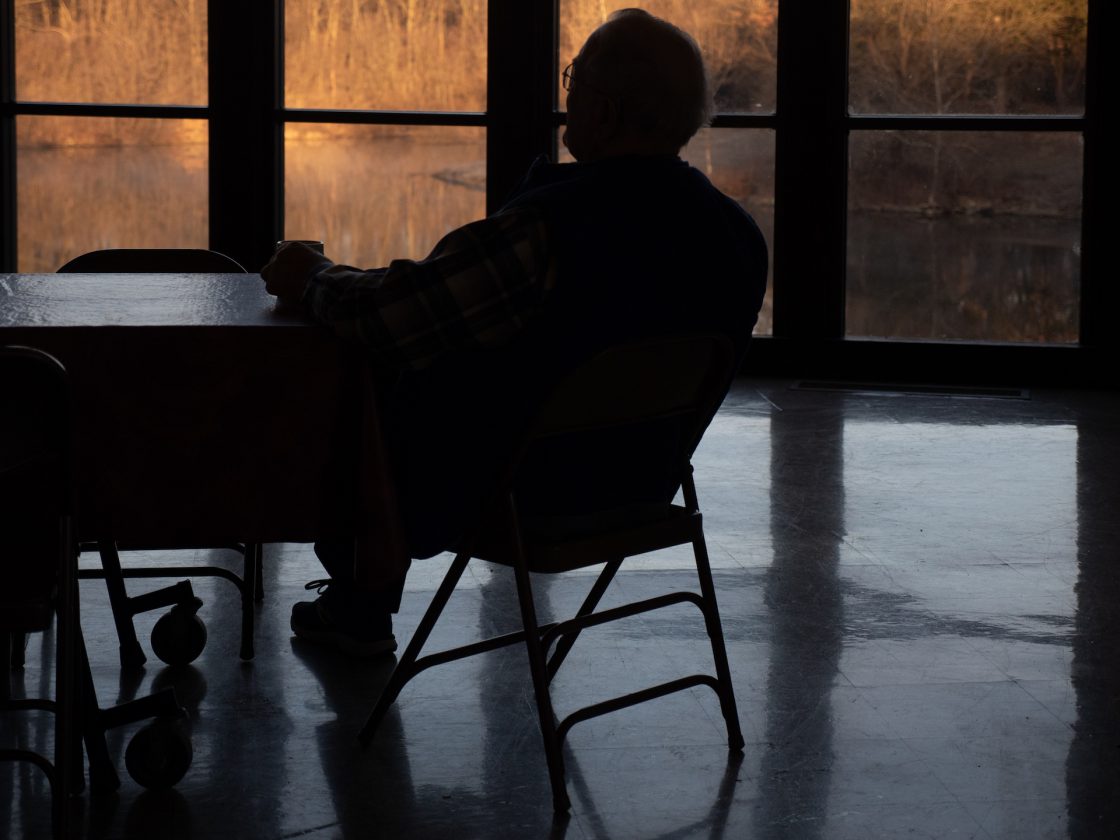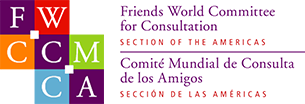
Most Quaker books of discipline, sometimes known as Faith and Practice, have practical and spiritual advices for dealing with death and bereavement. Your yearly meeting may already have a committee of Friends exploring how to be of service in this time. Do seek out local support resources as well.
Even professionally trained pastors may be overwhelmed at this time, by their congregation or their own expectations. Friends have a long tradition of sharing the gifts and call to ministry more broadly. These resources may be useful to you. If you have other suggestions, please send them to Robin Mohr at robinm at fwccamericas.org. We are updating this as we receive links and news.
Trainings/Workshops/Discussions:
Scott Wagoner, Pastoral Minister at Deep River Friends, is offering a weekly Zoom call every Wednesday from 11AM to 12 Noon EDT (plus an additional session on Friday April 3). In partnership with FUM’s North American Ministries, he is offering this space for programmed and unprogrammed Quakers to talk about how to do pastoral care / presence in this environment, what resources are working, what are we learning, and how we each of us doing. He trained with the Shalem Institute for Spiritual Formation. Contact him at scottwagoner62@gmail.com to get on the invitation list.
Resources:
Friends General Conference has posted a conversation with three Quaker chaplains on grief, death, and dying and this list of resources on Quakers and Mental Health.
Last year, New England Yearly Meeting published expanded sections of Faith and Practice on death and bereavement with related logistical suggestions.
New England Yearly Meeting has established a page with pastoral care and support resources
Philadelphia Yearly Meeting shared multiple useful resources:
- Advance Care Planning during the COVID-19 crisis and the critical conversations to have
- Preparing for Death, Dying and Grieving Among Friends During Covid-19 with links to additional resources
- Resources and advices concerning Creating a Friends Pandemic Funeral and Memorial Plan
Friends United Meeting posted the following self-care suggestions from Alexander Kern, Director of Northeastern University’s Center for Spirituality, Dialogue, and Service, and New England Yearly Meeting.
Everence, a Mennonite financial services company, can offer professional counseling on debt and budget issues. Philadelphia Yearly Meeting shares this pastoral care newsletter focused on supporting Friends who are burdened by debt. Though written some time ago, it remains highly relevant.
The US Center for Disease Control published some resources for coping in daily life and particularly for helping to reduce the stigma associated with the coronavirus.
Is there a hospice program near you? They may have additional resources online or local to you. Here is some advice about choosing a hospice provider.
Carl Magruder, board-certified chaplain from Pacific Yearly Meeting sent the following links and advice:
- Online spiritual care in the time of coronavirus
- Guidelines for Spiritual Support Video Visits (written to support interfaith chaplains)
- A good advance care directive option
- A more no-frills advance care directive option
- Guidelines and suggestions for memorial meetings using Zoom
- Remember, in most states, you don’t need a lawyer to complete your directive. The most important part of it is to name your medical decision maker, and to have a conversation with them in advance. Be aware though, that your advocate will not be with you in the hospital during this crisis. It is a complicated time for advance directive decisions. Like having a birth plan, you don’t always get what you want.
Preparing to go to the hospital: Folks sick with COVID-19 will first be at home, and if they worsen, at some point a decision will be made to take them to hospital. (Note: Many are leaving this too late, so be in communication with your healthcare provider.)
– Bring a phone, tablet, or laptop to hospital with charger
– Fill out/find/revise/copy your advance care directive and take it to the hospital
– Request a consult with the palliative care team.
Many people have had the experience of making a “baby bag” for a quick trip to obstetrics when a baby is expected. A hospital bag should be packed and ready to go—toothbrush, pajamas, slippers, sudoku, teddy bear, favorite baseball team cap, etc. Fun aside, an essential item for the bag is a copy of your advance healthcare directive.
Some items you will want with you in your bag may be in daily use, and for them, a list should be attached to the bag so that they can be thrown in quickly at a time when folks may not be thinking clearly. That list should include PHONE/TABLET/LAPTOP AND CHARGER. That way, the patient, possibly with help from hospital personnel, will be able to stay in touch with family from quarantine. (And watch Netflix on hospital wi-fi!) This is also the case for anyone who goes to hospital with stroke, heart attack, etc. in this time, because they will also not be able to receive visitors. In fact, it’s a good practice any time hospital admission is anticipated.
To me, as a palliative care and hospice chaplain, the inability to be at bedside with loved ones who are approaching or at end of life is one of the hardest things about the contagiousness of COVID-19. I was talking with two hospice chaplain friends of mine about it, and we have all experienced beauty, healing, grace, and peace at the bedside of a dying person—the veil is thin, and sacredness can be called in when fears and conflict have been skillfully addressed. BUT this is when people can join hands, touch their loved one, sing, pray, anoint, etc. What happens when they can’t be there in person?
The chaplains agreed that we have had remarkable experiences with bringing a remote loved one to bedside by telephone. My colleagues, working for hospice, which is federally funded and regulated, have never used Zoom with family members, but ResolutionCare.com has cared for our people using videoconferencing for five years now. Faces light up across distance when the Zoom connection is made. Also, important medical decisions can be made with medical personnel, family, and the sick person when certain friends or family Zoom in.
Federal law was changed because of the pandemic to allow medical providers much wider usage of telehealth platforms including Zoom, doxy, FaceTime, What’s App, etc. However, this is unfamiliar to many healthcare personnel, and they may be reluctant to use it. Of course, you can always connect on your own, if you have your device.
I recommend that anyone admitted for COVID-19 ask to “consult with the palliative care team.” This is the team that facilitates hard conversations, advocates for you to have the interventions YOU choose, and makes sure that you are comfortable. The team generally includes a social worker, nurse, doctor, and a kindly interfaith chaplain. They may take a while to get there, because other folks are higher priority. You don’t want to be high priority. Avail yourself of this resource. If there’s no palliative care team, request a chaplain or nurse help you to contact your family on the electronic device you brought to the hospital.
Other Information:
Online worship opportunities and resources
COVID-19 church and meeting resources
